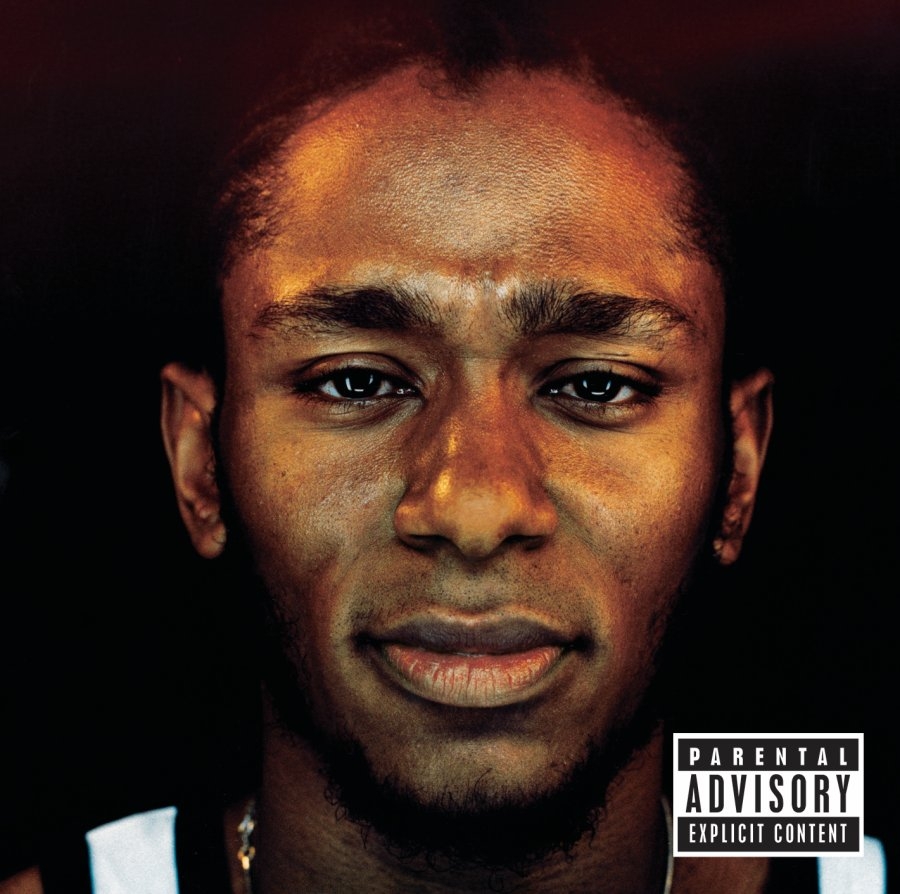"There is a confirmed wrestling between sacred and secular in music production, and the resulting friction represents an attempt to address the deeper issues of life"- Pinn (p.8). Just like any other music genres, Hip-Hop is a mix of the sacred and the profane. Besides the "typical" songs about sex, drugs, money and women, rap artists sing about friendship, love, truth, family and even God. Mos Def is one of the most prominent rappers of his generation to focus on religious issues and aspects of morality and race. In 1999, his breakthrough album Black on Both Sides, catches the viewers attention with it's witty title and powerful message. As an African-American Muslim, Black on Both Sides represents Mos Def's identity as perceived by the American society.
Hiding behind this stereotypical representation are powerful lyrics that address topics like African-American self-esteem, the destiny of humankind and a strong recognition of God. The first words that the listeners hear are Bismillah ar-Rahman ar-Raheem" ("In the name of God, the most gracious, the most merciful"), the first words of every chapter of the Quran except for one. The album is thus another chapter of the Quran, it acquires a sacred mythological meaning and offers invaluable teachings to its listeners. The socially and spiritually themed lyrics guide us through Mos Def’s view of the world. In "Fear Not of Man", Mos Def raps "Mind over matter and soul before flesh/Angels for the pain keep a record in time/which is passin and runnin like a caravan freighter/The world is overrun with the wealthy and the wicked/But God is sufficient in disposin of affairs/Gunmen and stockholders try to merit my fear/But God is sufficient over plans they prepared". The devotion to God and the emphasis on mind and soul over money-oriented thinking, guide Mos’s lyrics and offer a solution to the repression and corruption of the outside world.
Mos Def is not just a preacher but an entertainer as well, his lyrics mix the sacred and the profane in order to appeal to a larger group of people. Just like buddhist practices and the “oriental monk” have been adopted by the American culture to “embody the a new hope of saving the West from capitalist greed, brute force, totalitarian rule, and spiritless technology”, sacred Islamic values have been incorporated into Mos Def’s “profane” genre music in order to promote the welfare of mankind (Iwamura). Ultimately, He takes on the role of a muslim prophet who journeys the hip-hop world in search of new religious ground for reconciliation and spiritual education of the masses.
Hiding behind this stereotypical representation are powerful lyrics that address topics like African-American self-esteem, the destiny of humankind and a strong recognition of God. The first words that the listeners hear are Bismillah ar-Rahman ar-Raheem" ("In the name of God, the most gracious, the most merciful"), the first words of every chapter of the Quran except for one. The album is thus another chapter of the Quran, it acquires a sacred mythological meaning and offers invaluable teachings to its listeners. The socially and spiritually themed lyrics guide us through Mos Def’s view of the world. In "Fear Not of Man", Mos Def raps "Mind over matter and soul before flesh/Angels for the pain keep a record in time/which is passin and runnin like a caravan freighter/The world is overrun with the wealthy and the wicked/But God is sufficient in disposin of affairs/Gunmen and stockholders try to merit my fear/But God is sufficient over plans they prepared". The devotion to God and the emphasis on mind and soul over money-oriented thinking, guide Mos’s lyrics and offer a solution to the repression and corruption of the outside world.
Mos Def is not just a preacher but an entertainer as well, his lyrics mix the sacred and the profane in order to appeal to a larger group of people. Just like buddhist practices and the “oriental monk” have been adopted by the American culture to “embody the a new hope of saving the West from capitalist greed, brute force, totalitarian rule, and spiritless technology”, sacred Islamic values have been incorporated into Mos Def’s “profane” genre music in order to promote the welfare of mankind (Iwamura). Ultimately, He takes on the role of a muslim prophet who journeys the hip-hop world in search of new religious ground for reconciliation and spiritual education of the masses.

No comments:
Post a Comment